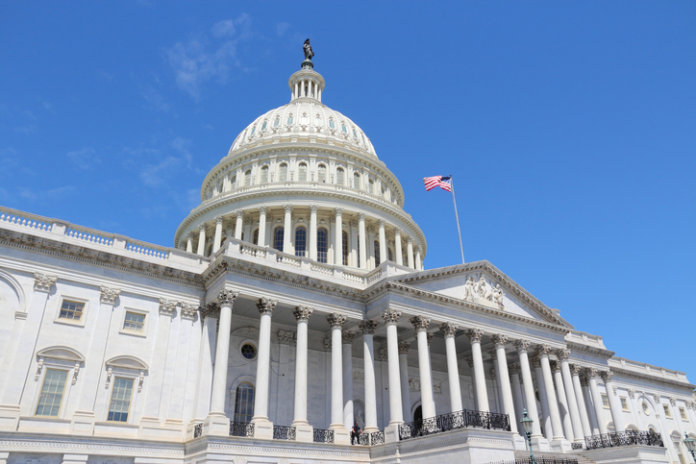U.S. Rep. Debbie Dingell, D-Mich., has reintroduced the Vehicle Innovation Act to promote investments in research and development of clean vehicle technologies that will help create more fuel-efficient vehicles, reduce the nation’s dependence on foreign oil and support American auto manufacturers and suppliers. U.S. Reps. Matt Cartwright, D-Pa., and Mark Pocan, D-Wis., joined as original cosponsors of the legislation.
“Michigan’s auto industry has made major advancements in cutting-edge fuel efficiency technologies in the last decade,” says Dingell in a press release. “This legislation builds on the progress made by investing in successful research programs that will help improve vehicle efficiency – saving consumers money at the pump, improving energy security and keeping the U.S. and southeast Michigan at the forefront of vehicle innovation. I’m proud to introduce this legislation that will support jobs and ensure the cars and trucks of the future continue to built in Michigan.”
Notably, U.S. Sen. Gary Peters, D-Mich., and others reintroduced the Senate version of the Vehicle Innovation Act earlier this year. In the previous 114th Congress, similar legislation passed as part of a broader package known as the Energy Policy Modernization Act. However, the energy package ultimately failed to pass after the House of Representatives and Senate couldn’t reach a settlement regarding different versions of it.
“The Motor & Equipment Manufacturers Association (MEMA) represents more than 1,000 motor vehicle supplier companies, which play a leading role in developing an array of innovative materials and technologies that improve vehicle fuel efficiency and reduce emissions. For this reason, MEMA applauds Rep. Dingell for today’s introduction of the Vehicle Innovation Act,” says Steve Handschuh, MEMA president and CEO, in the release. “This legislation encourages important research, development and deployment activities that facilitate motor vehicle supplier innovation and helps suppliers stay at the forefront of cutting-edge technologies and develop new vehicle technologies for new cars and trucks. The domestic research and manufacturing activities supported by this bill will lead to increased fuel-efficiency, lower emissions and greater consumer choice of vehicle technologies.”
As the release explains, the Vehicle Innovation Act reauthorizes the U.S. Department of Energy’s (DOE) Vehicle Technologies Office, which works with manufacturers and suppliers to research, develop and deploy advanced vehicle technologies that improve energy efficiency. The bill also provides the DOE with clear direction to build on successful research programs, such as the SuperTruck program that has produced a model tractor trailer with 115% increase in fuel efficiency. It also encourages the development of a wide array of technologies that have the potential to improve fuel efficiency and reduce traffic congestion, including vehicle-to-vehicle communications systems, mild hybrids, engine down speeding, hydrogen and natural gas refueling, and electric vehicle charging technology.




